عدد المشاريع : 50 مشروع
مبلغ المنحة : 500000 دولار
عدد المستفيدين : 500000 مستفيد
Protection is a fundamental pillar of humanitarian work, playing a vital role in preserving human dignity and safeguarding rights, especially in contexts affected by conflict and disaster. In Yemen, the need for protection is particularly urgent due to the complex social, economic, and security challenges that disproportionately affect vulnerable groups such as women, children, persons with disabilities, and marginalized groups. Communities across the country face significant obstacles to accessing justice, healthcare, and psychosocial support safely and equitably. Deeply rooted social norms, discriminatory practices, and limited awareness of rights contribute to the escalation of violations, including gender-based violence, which is often marginalized due to prevailing stigma and a culture of silence. The ongoing conflict, insecurity, and lack of legal protection mechanisms further weaken individuals’ ability to seek help or report abuse. Moreover, the scarcity of specialized services and the mistreatment of survivors by some security actors and service providers hinder effective response and recovery efforts. In many areas, the absence of community-based protection services limits opportunities for empowerment and reduces the effectiveness of interventions. In response to these challenges, Nahr adopts a holistic protection approach that focuses on raising awareness, providing integrated support, and building the capacity of local communities. Nahr aims to create safe and inclusive environments that promote human rights and preserve the dignity of individuals, especially in times of crisis.
Protection Program Objectives – Nahr Organization: 1. Enhancing Safe and Equitable Access to Essential Protection Services The organization aims to ensure the provision of legal, psychosocial, and referral services to the most vulnerable groups—including women, children, and persons with disabilities—within an environment that respects human dignity and safeguards privacy. 2. Empowering Local Communities to Actively Participate in Protection Efforts The program seeks to build the capacity of individuals and communities to identify and respond to protection risks through awareness initiatives and support for community-based efforts that promote a culture of protection and prevention of violations. 3. Strengthening Coordination and Integrated Response to Emergencies and Violations The program works to develop effective coordination mechanisms with humanitarian actors to ensure timely and well-structured responses to incidents of violence, abuse, and emergencies—including natural disasters—while ensuring the provision of specialized protection services to the most vulnerable populations.
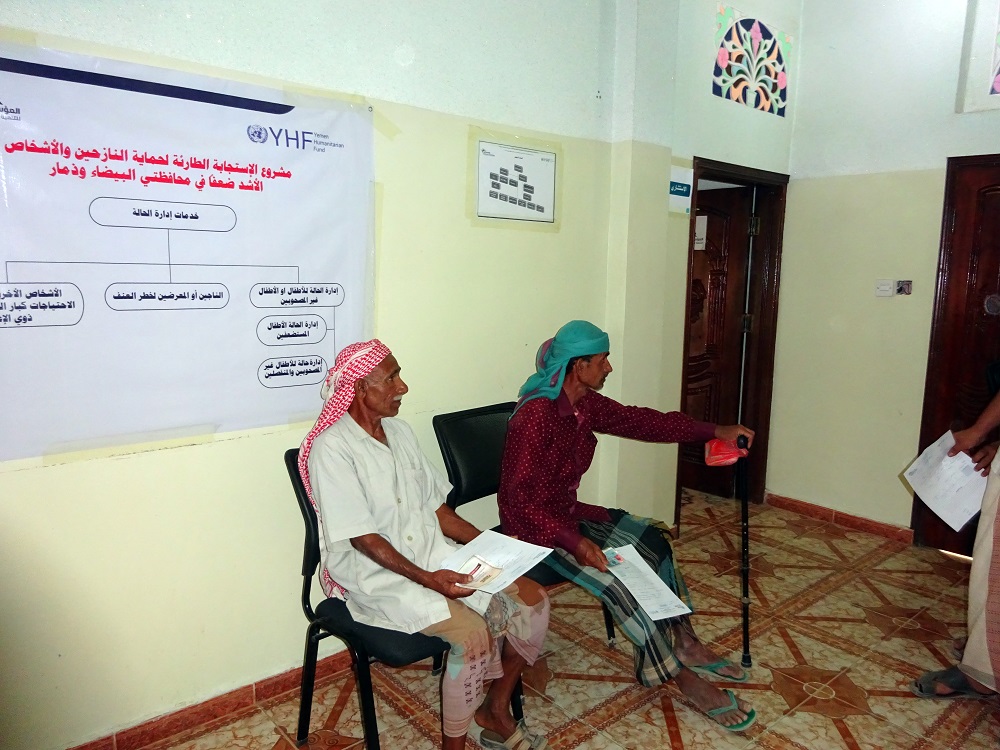
*المناطق المستهدفة:- مدينة البيضاء بمحافظة البيضاء، ومديريه وصاب السافل بمحافظة...
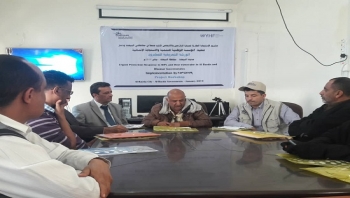
The National Foundation for Development and Humanitarian Response(NFDHR) held two workshops to introduce Urgent Protection Response to IDPs...
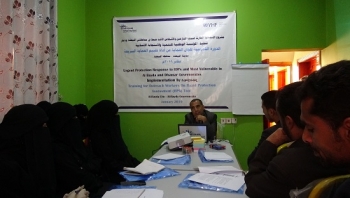
The staff of the community center in Al-Bayda trained them on protection and humanitarian dimensions. On Tuesday, January 29, 2019, the National Foundation...
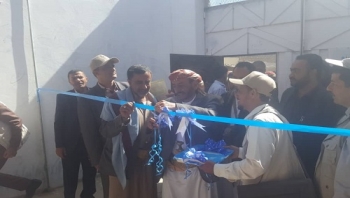
The National Foundation for Development and Humanitarian Response (NFDHR) has been working hard to open three community centers in order to provide protection...
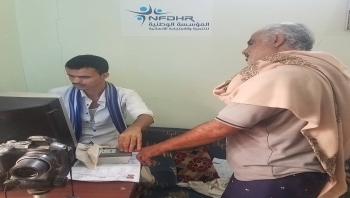
The National Foundation for Development and Humanitarian Response (NFDHR) has provided cash assistance to 140 displaced and affected people (including...
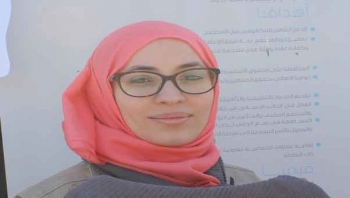
There is no doubt that child marriage is a social phenomenon that can be described as a catastrophe due to its...
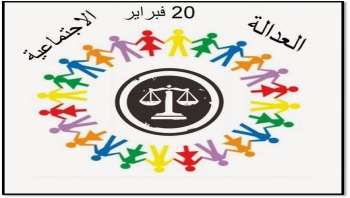
On February 20, 2020, Protection and Gender program in National Foundation for Development and Humanitarian Response, organized an awareness event on the...
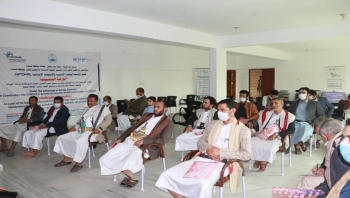
The National Foundation for Development and Humanitarian Response (NFDHR) organized on 'Wednesday May 20' in Sa'ada city, a coordination...
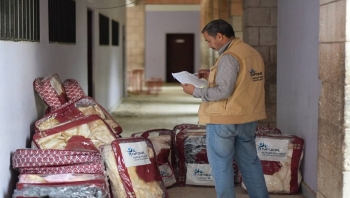
National Foundation for Development and Humanitarian Response (NFDHR) provided urgent shelter assistance to 33 flood-affected families in Old Sana'a...
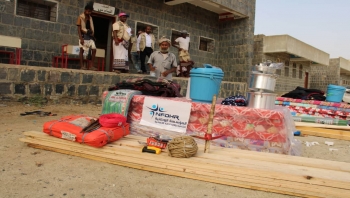
On Sunday 23 of August, NFDHR have started the distribution of Non-Food Item "NFIs" and Emergency Shelter Kits "ESK" for 963...
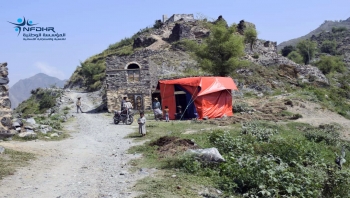
NFDHR has completed the distribution of shelter aids, targeting 108 displaced families affected by floods and heavy rain that recently swept across...
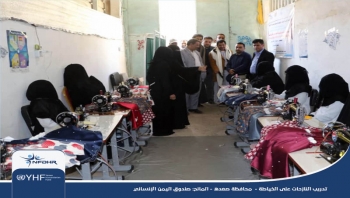
Executive Director of National Foundation for Development and Humanitarian Response (NFDHR), Eng. Mohamed Salah, was briefed on the activities...
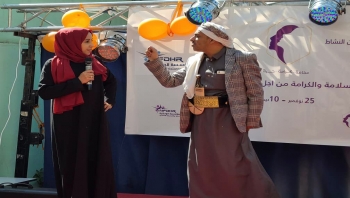
Marginal to 16-day campaign activities to combat gender-based violence, National Foundation for Development and Humanitarian Response (NFDHR) organized...